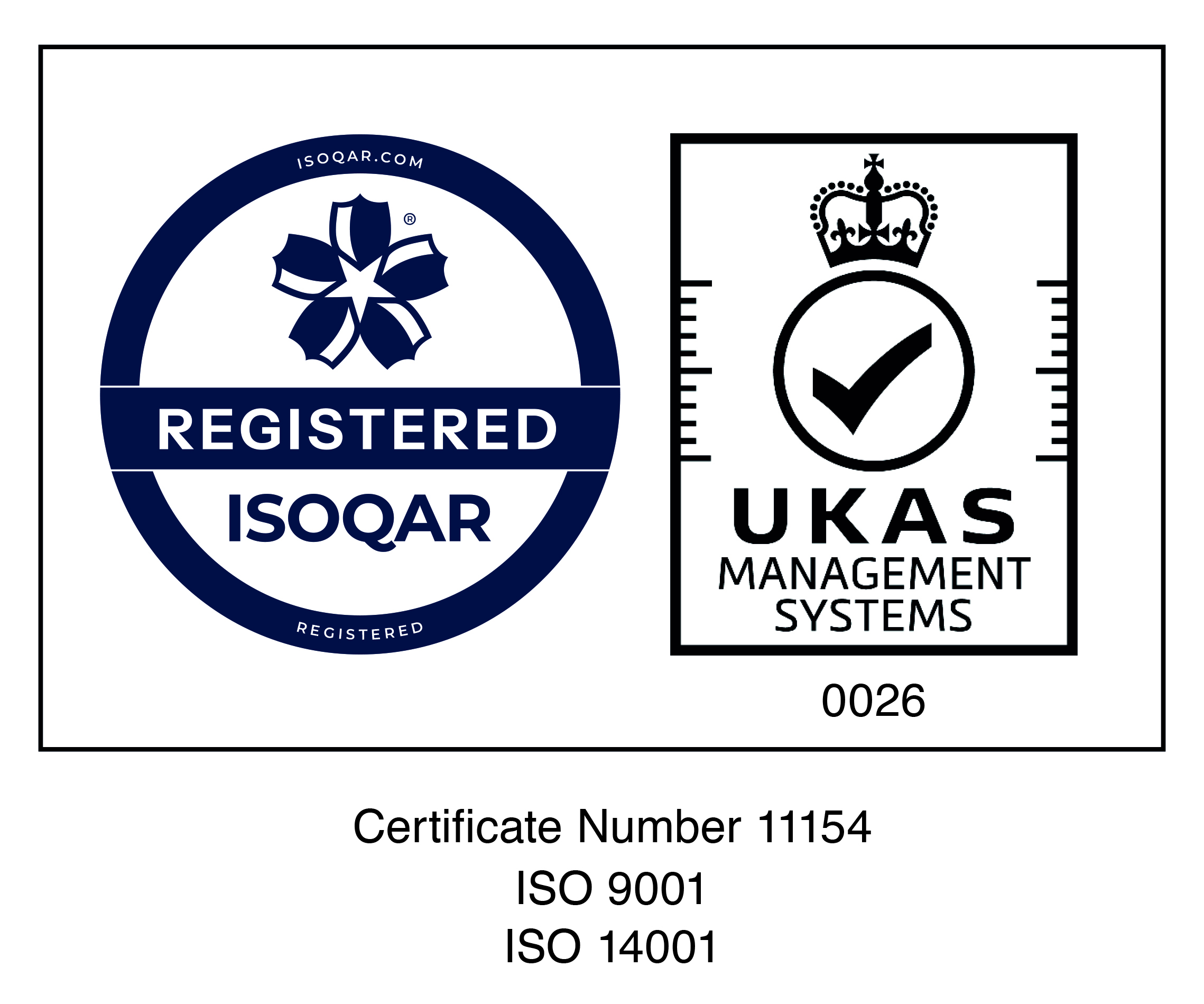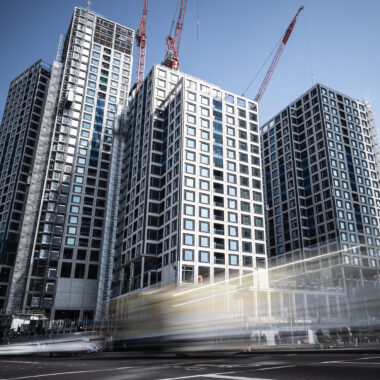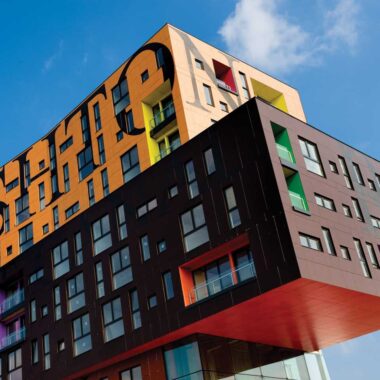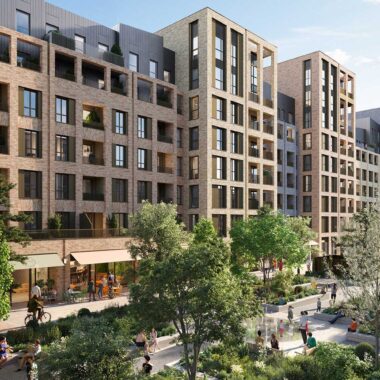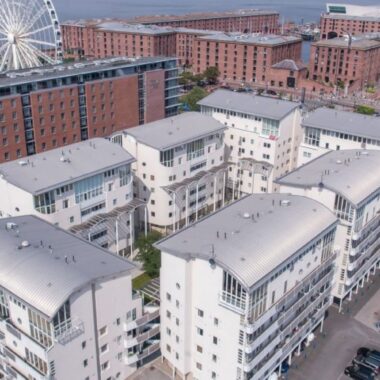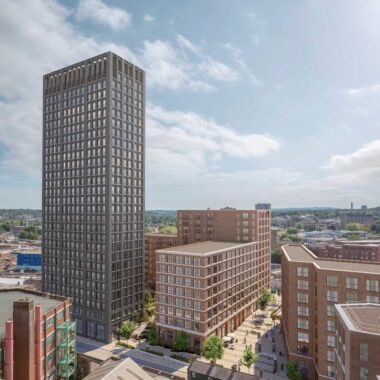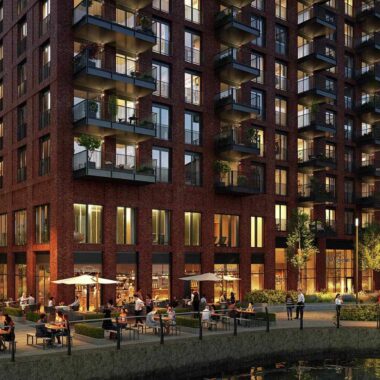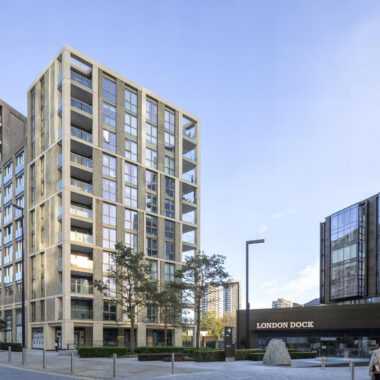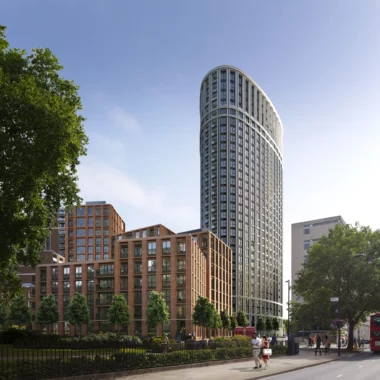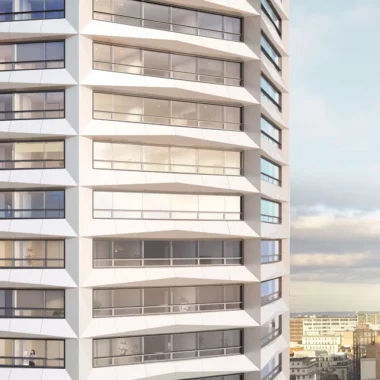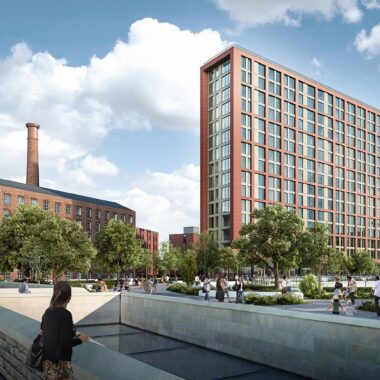This website uses cookies so that we can provide you with the best user experience possible. Cookie information is stored in your browser and performs functions such as recognising you when you return to our website and helping our team to understand which sections of the website you find most interesting and useful.
Environmental & Sustainability
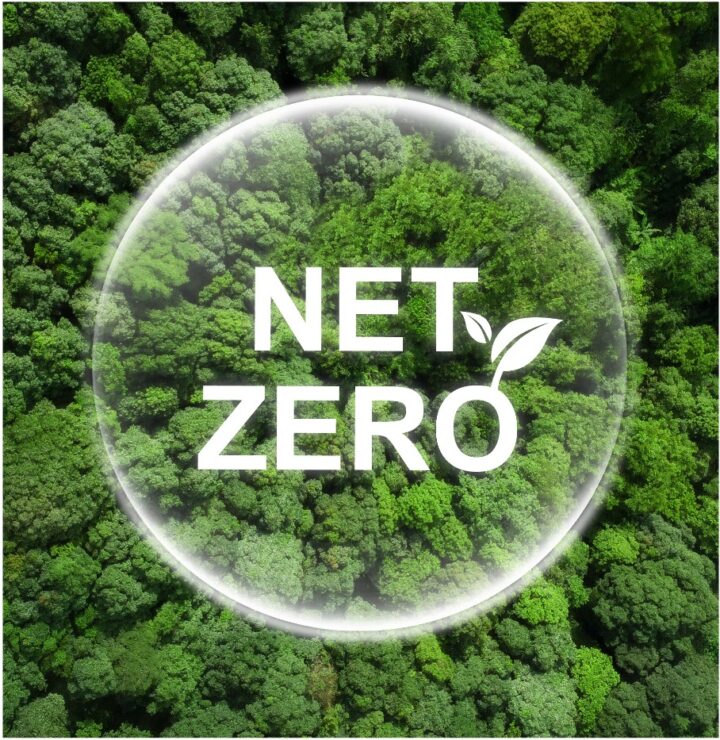
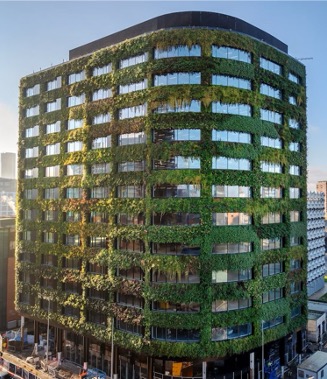
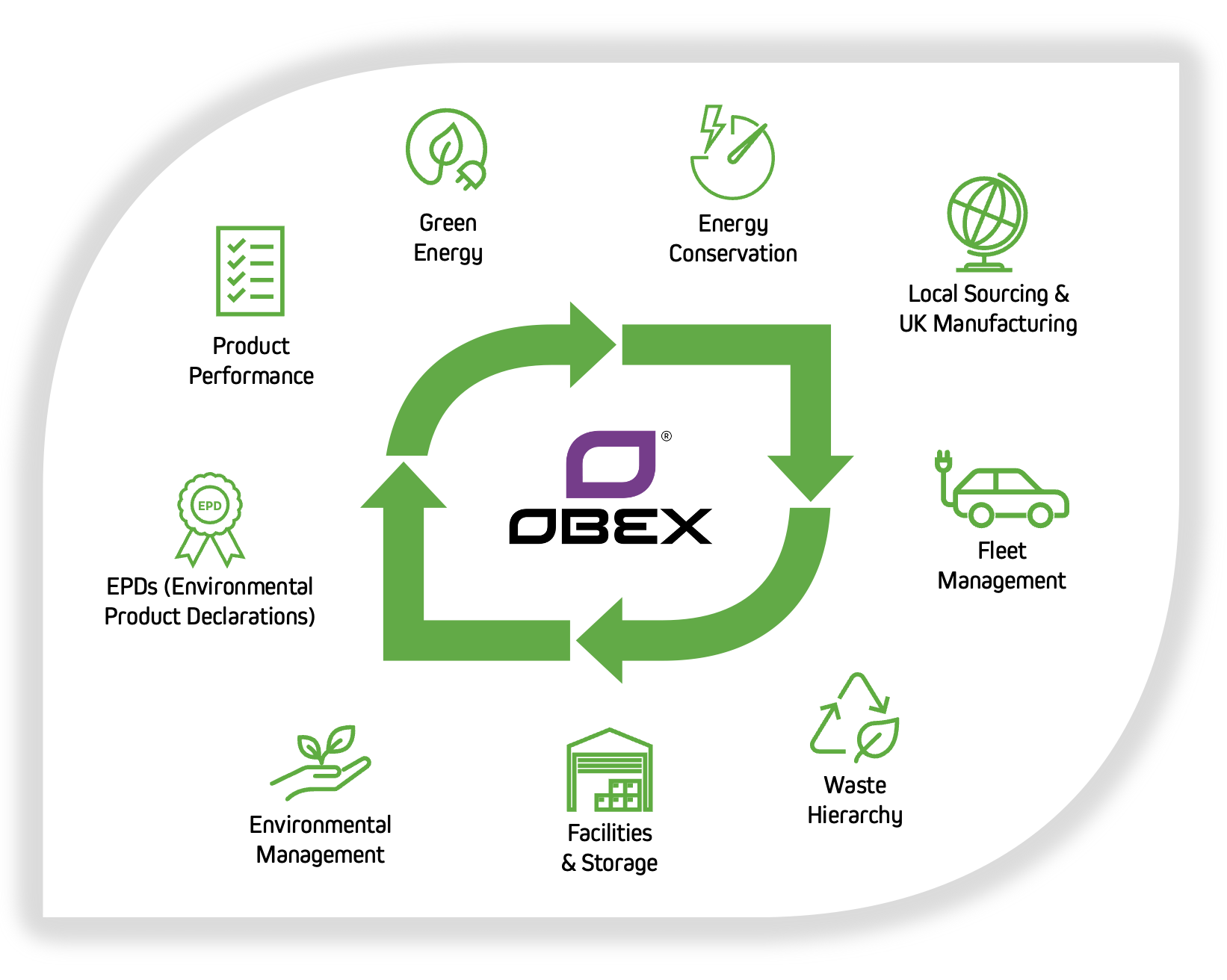
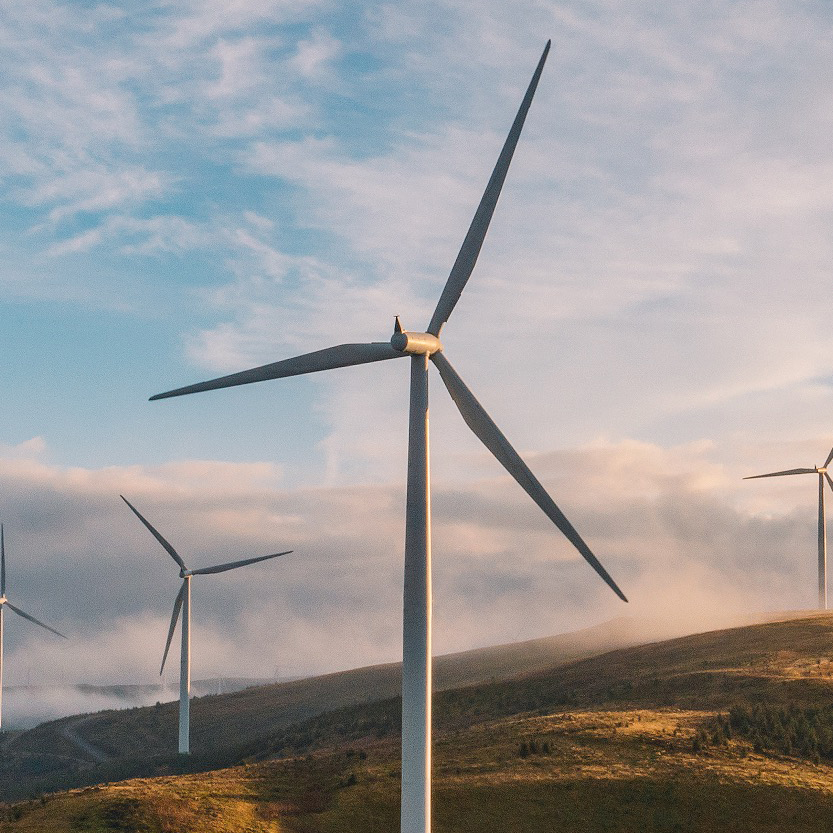
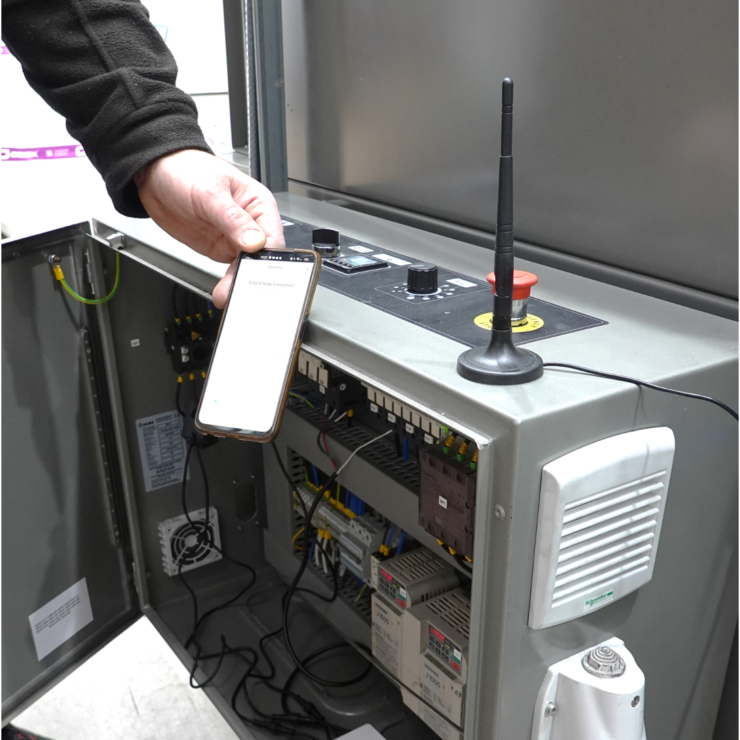
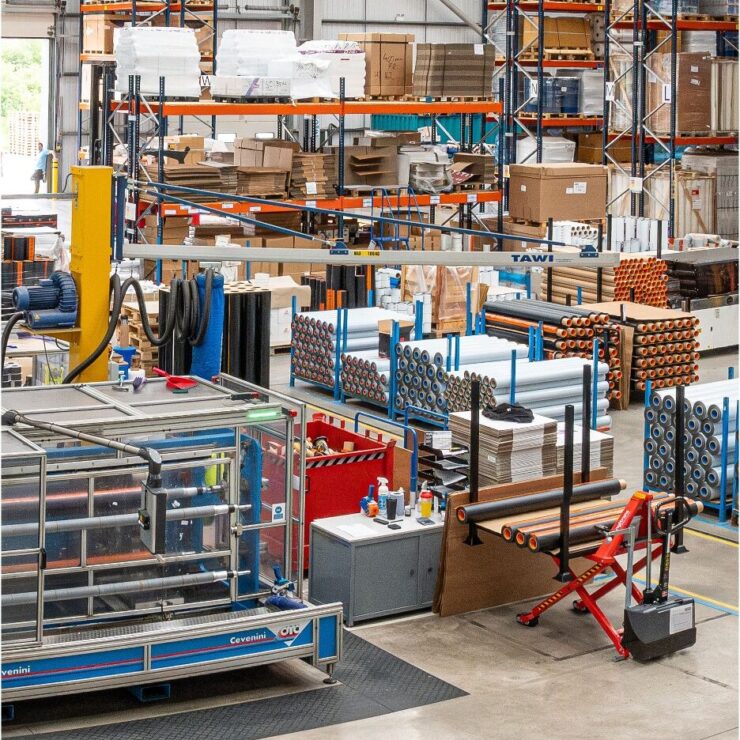
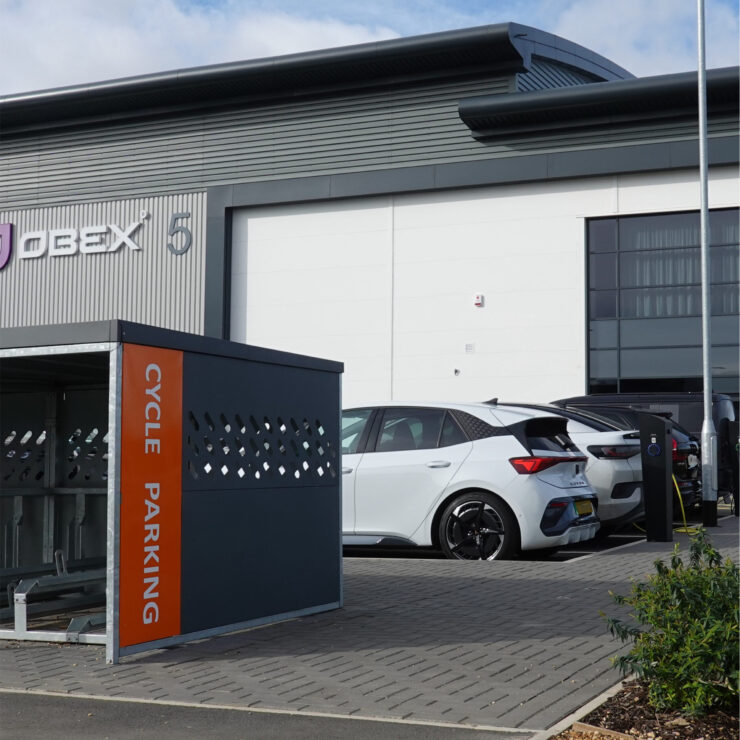
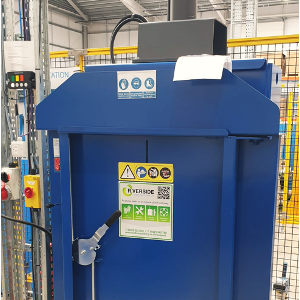
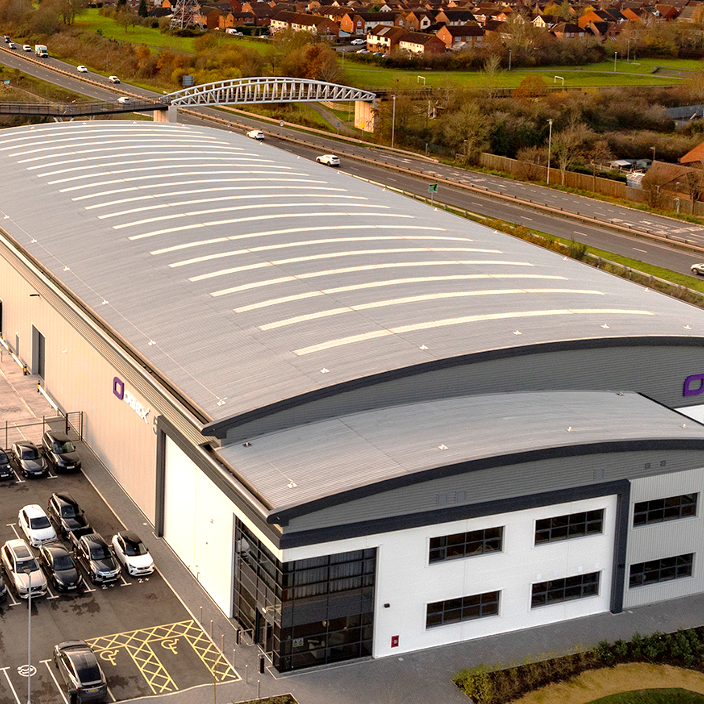

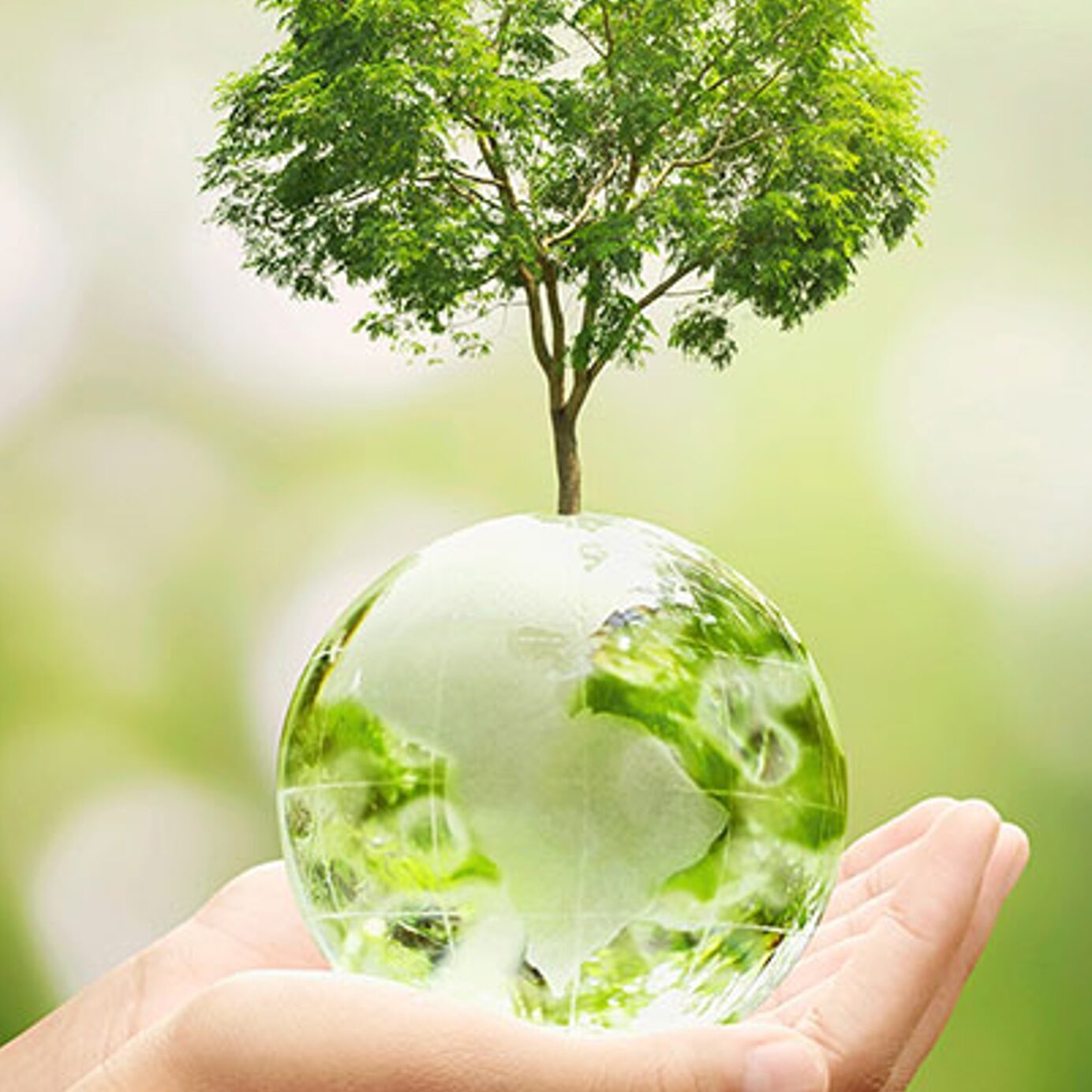
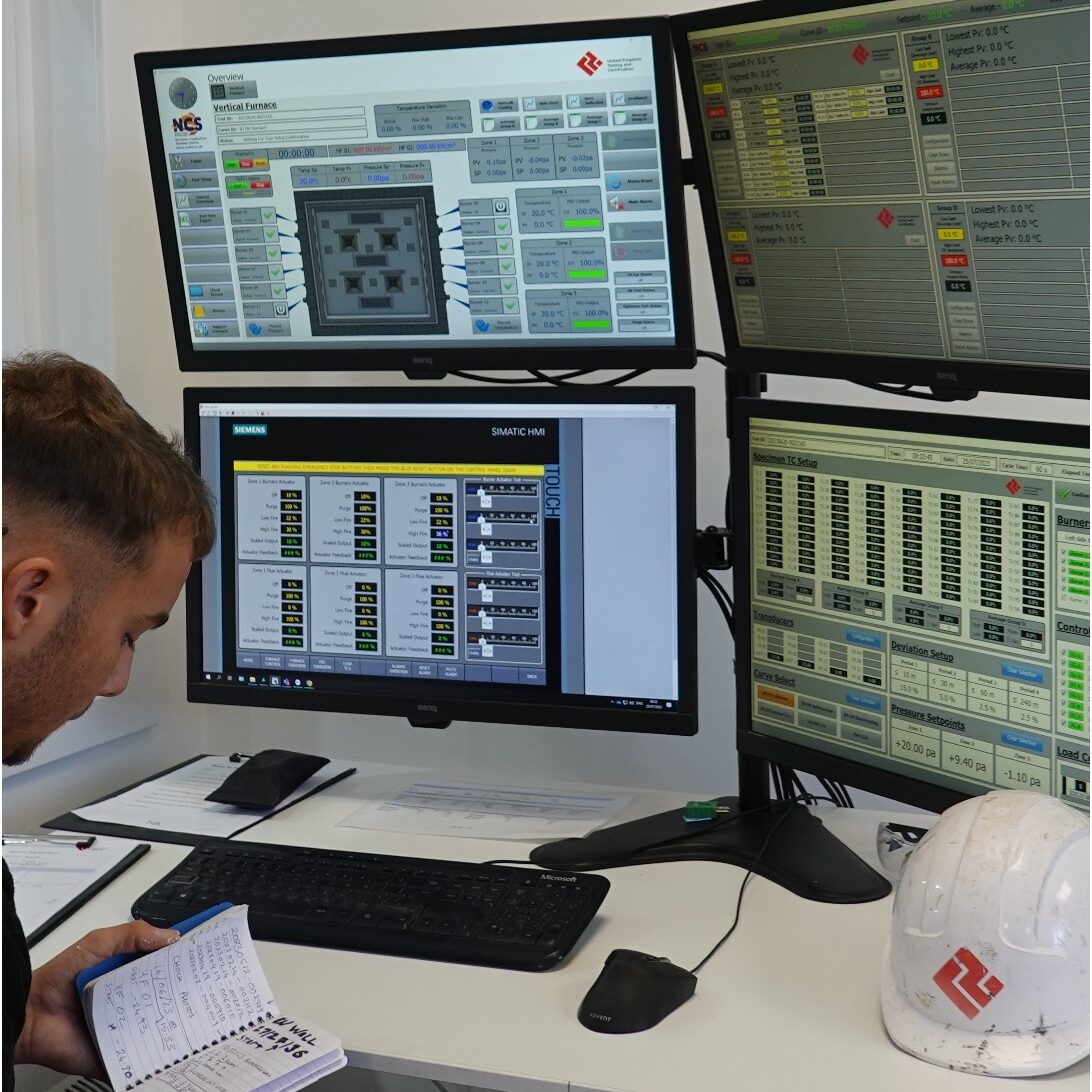

Our Commitment
At OBEX Protection Ltd, we have a strong commitment to minimising the environmental impact of our activities and processes, and we take seriously our responsibility to contribute to a future that’s sustainable.
We are actively engaged in efforts to consistently decrease our carbon footprint and mitigate our impact on climate change, with the pivotal goal of achieving Net Zero status by 2050, aligned with the 2050 deadline set by the UK government’s Net Zero Strategy.
The OBEX board of directors is unwavering in its commitment to ethical and socially responsible business practices. This is reflected in our commitment to continuous improvement and innovation in view of achieving, even exceeding, our essential sustainability and environmental objectives.
The Statistics
Around 40% of UK carbon emissions are linked to the built environment. This includes emissions linked to heating buildings, the energy they consume to support operations and the operation of transport infrastructure.
Construction activity accounts for around 50 million tonnes of CO2 emissions, over half of which is linked to construction products and materials production, particularly materials such as steel and cement, which account for around 15% of global carbon emissions.
The construction sector also generates around 60% of waste produced in the UK. Reducing and ultimately eliminating these emissions, through minimising materials requirements, particularly carbon-intensive materials, maximising the energy and heat efficiency of built assets and improving levels of reuse and recycling, is critical to the delivery of the 2050 target.
Our Sustainability Framework
OBEX operates a complete 360 degree sustainability framework, illustrated here.
Energy Sourcing
At OBEX, our UK locations are powered by a mix of energy sources supplied by EDF.
According to their latest fuel mix disclosure (April 2022 – March 2023), the current energy balance consists of 1.6% coal, 16.7% gas, 59.4% nuclear, 21.0% renewable, and 1.3% other sources.
We continuously review our energy strategy to increase the use of renewable resources while maintaining optimal value and competitiveness.
Our long-term goal is to significantly rely on naturally replenishing, renewable energy sources, reducing our ecological footprint and contributing to a more sustainable future.
Energy Consumption
Our commitment to sustainability includes meticulous management of our energy consumption and the implementation of innovative strategies to control this consumption across our operations.
Key initiatives include; constant monitoring of the energy usage of production machinery in view of optimising efficiency; the installation of motion-sensor LED lighting throughout the premises to reduce unnecessary power usage; the installation of intelligent air-conditioning
systems that automatically start and shut off, according to the level of occupancy.
Additionally, we enforce the automatic shutdown of company dashboards and screens when not required, increasing our commitment to energy conservation.
Sourcing & Manufacturing
Our commitment to a ‘Sustainable First’ culture extends to our sourcing and manufacturing practices.
We prioritise a supply chain that is geographically proximate, predominantly within the UK and EU, minimising transportation
emissions and promoting efficiency.
The consolidation of our manufacturing processes into a single location has not only reduced our carbon footprint but streamlined our operations too.
This all encourages a continuous drive towards greater efficiencies in all areas of the business and ensures that all processes are as eco-friendly as possible.
Fleet Management
At OBEX, our sustainability strategy includes a progressive approach to vehicle fleet management.
Currently, almost half of our fleet (43%) is comprised of either fully electric or hybrid vehicles. We are committed to our goal of achieving a fully environmentally friendly fleet by 2050.
To facilitate this transition, we have installed a comprehensive charging infrastructure at all of our UK locations.
This, along with our secure cycle parking facilities that encourage cycling to work, reduces our carbon footprint for a greener future.
Reusing & Recycling
Our manufacturing processes are designed to re-purpose materials that would otherwise be discarded, supporting our waste-to-wealth philosophy.
We recycle a wide range of materials, including cardboard, paper, plastics, metals, wood, used batteries and aerosol cans, considerably reducing the amount of landfill waste.
We have invested in recycling equipment, such as the 205-litre metal drum crusher shown here, as well as a cardboard and plastic baling machines, to make our recycling processes even more efficient.
Facilities & Storage
At OBEX, our dedication to sustainability begins with the design and operation of our facilities.
Both of our UK locations are housed in new, state-of-the-art premises, with energy efficiency at the forefront of their design.
These buildings are equipped with advanced technologies and materials that significantly reduce our energy consumption and carbon footprint. From intelligent lighting systems to high-performance insulation, every aspect of our facilities is optimized for efficiency.
This strategic investment in efficient infrastructure gives us a strong base on which to build our commitment to sustainability.
Environmental Management
Our commitment to sustainability is evidenced in our recent ISO14001 certification, reflecting our commitment to minimising the environmental impact of construction for a sustainable future.
This achievement aligns with our proactive efforts to reduce our carbon footprint, aiming for Net Zero status well before the UK government’s 2050 deadline.
Our Board of Directors is resolute in upholding ethical and responsible business practices, continuously innovating to meet our sustainability and environmental objectives, so that our solutions and services continue to embody our vision for a greener tomorrow.
EPDs (Environmental Product Declarations)
OBEX is advancing sustainability in construction with a focus on Environmental Product Declarations (EPDs) for our through-wall solutions. These declarations encourage transparency, providing architects and contractors with essential data on the environmental impact of materials, facilitating informed, eco-conscious decisions.
This initiative not only highlights our commitment to sustainable construction but also assists our partners in creating greener buildings, furthering the construction industry’s drive for a more sustainable future and alignment with the 2050 deadline set by the UK government for its Net Zero Strategy.
Product Performance
Our portfolio of high-performance solutions exemplifies our commitment to the sustainability and energy efficiency of finished construction projects, and we are currently working with Passive House to continue to expand our range of certified products that meet this rigorous standard.
By integrating our high-performing water and air-tight solutions, buildings achieve improved insulation, minimised thermal bridging, and enhanced airtightness, contributing to significant energy savings.
The significant energy savings, over time, make a considerable impact on the use of our precious global natural energy resources and in-turn contribute to a more sustainable future.
An Impelling Partnership
Working with OBEX offers our partners in the construction industry an opportunity to strengthen their own sustainability efforts.
Our resolute commitment to minimising environmental impact, coupled with our advanced, innovative products, ensures that our partners will be fully supported in their sustainability journey.
Although there is a clear obligation on every organisation, whatever its function, to operate in a way that is sustainable with as low environmental impact as possible, the real differences can come about when these organisations work together in a cooperative way, each supporting the other in their efforts towards a greener planet.




